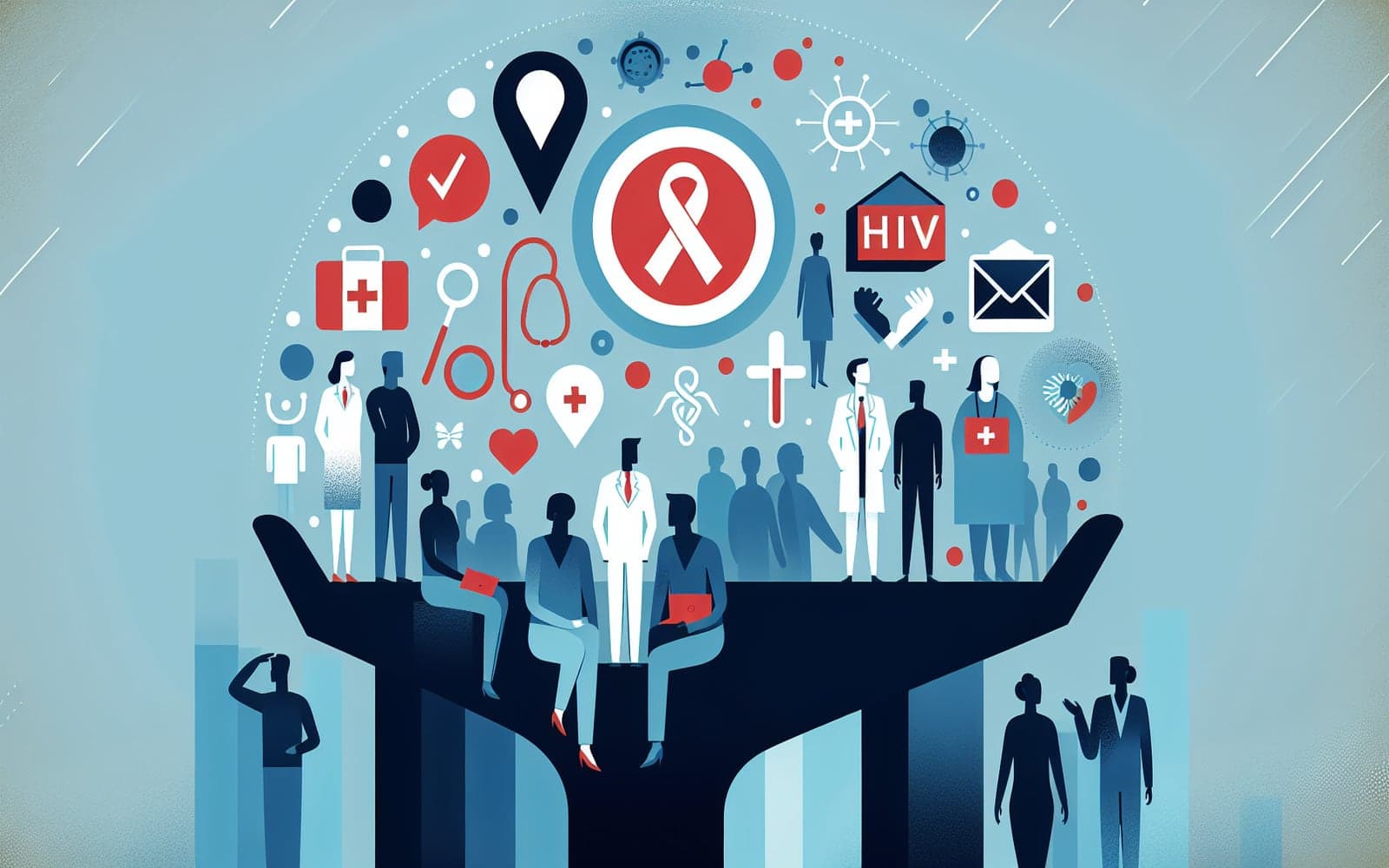The Hidden Risks: Factors That Increase HIV Transmission in Health Care
Published: Sep 17, 2023
Not all exposures to HIV are equal. This article uncovers the hidden risk factors that can increase the chance of transmission in health care settings.
Contents
Exposure Type and Risk
Different types of exposure carry varying levels of risk for HIV transmission. Deep injuries with a needle, especially those visibly contaminated with blood, pose a higher risk. The viral load of the source patient also plays a significant role in the risk level.
Professional Risk Differences
Certain health care professions face higher risks due to the nature of their work. Nurses, for example, report more frequent exposures compared to other health care staff. Fatigue from long hours can further increase the risk of needlestick injuries.

Preventive Measures
To reduce risks, health care workers should follow strict safety protocols. This includes using needleless devices and safety needles, and ensuring proper disposal of sharps. Continuous education on these practices is vital for minimizing exposure.
Frequently Asked Questions
Deep needle injuries, especially with contaminated needles, are high risk.
Nurses and those working long hours face higher risks.
By using safety devices and following strict disposal protocols.
Yes, a higher viral load increases transmission risk.
Key Takeaways
Awareness of risk factors and preventive measures is crucial for minimizing HIV transmission in health care.
References
- Joyce MP, Kuhar D, Brooks JT. MMWR Morb Mortal Wkly Rep 2015; 63:1245.
- Henderson DK. JAMA 2012; 307:75.
This article has been reviewed for accuracy by one of the licensed medical doctors working for Doctronic. Always discuss health information with your healthcare provider.
AI Doctor Visit Required
Appointments available 24/7
15-min consultation. No hidden costs.
AI Doctor Visit Required
For safety reasons we have been forced to end this consultation.
If you believe this is a medical emergency please call 911 or your local emergency services immediately.
If you are experiencing emotional distress, please call the the Suicide & Crisis Lifeline at 988 or your local crisis services immediately.
Contact us
You can also email us at help@doctronic.ai
We aim to reply within 5-7 days
How likely are you to recommend Doctronic to friends or family?


